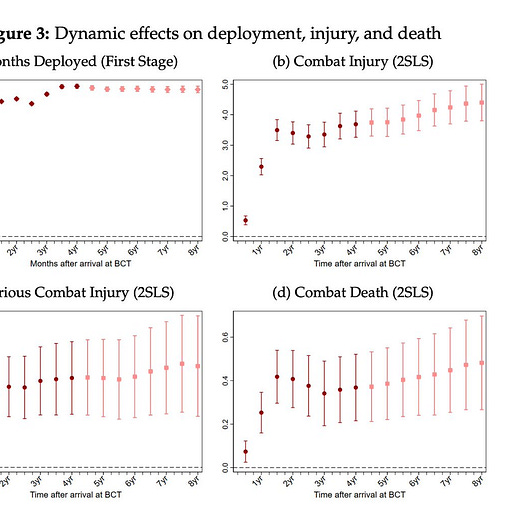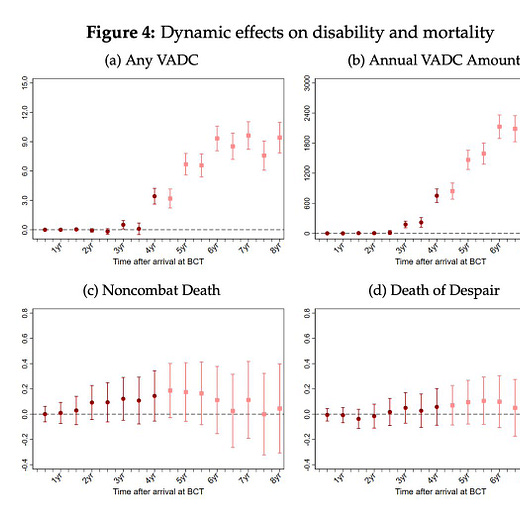Best of #econtwitter - Week of November 13, 2022 [3/3]
Welcome readers old and new to this week’s edition of Best of Econtwitter. Please submit suggestions — very much including your own work! — over email or on Twitter @just_economics.
This is part three of three.
Big JMP backlog coming later!
Paper summaries
^started a bit of econ-history debate, not sure if this is worth the links but here; here’s a JMP that is related; found these old newspaper clippings useful; ngram; alternative summary; meme summary. Lots of links but this is emphatically not an endorsement that this is a debate worth digging into
More: foreign demand shocks affect a small open economy; Venezuelan immigrants new businesses; unintentionally straussian










